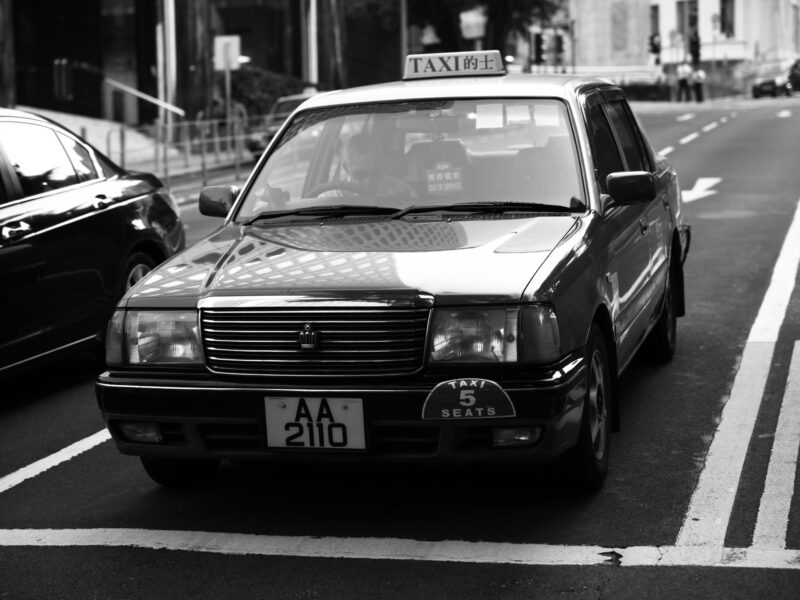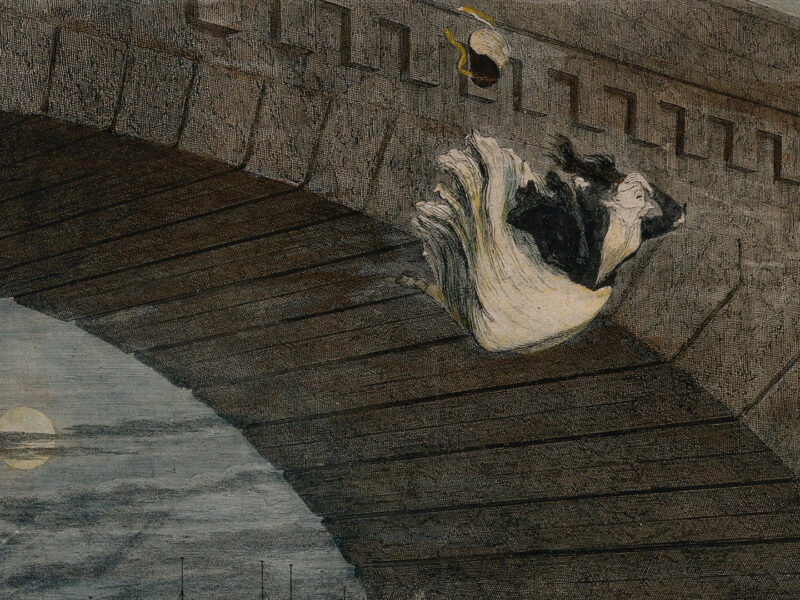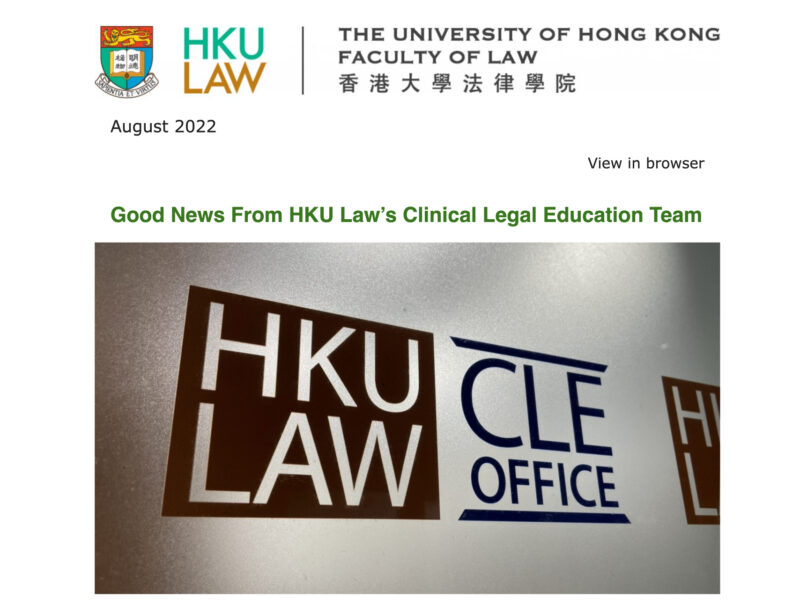Hong Kong has a stringent and discouraging smoking ban. Following this policy, emerging alternative products are prohibited, and importing them into Hong Kong is an offence.
Conventional cigarettes and cigars have long been regulated. They are subjected to tax and a variety of restrictions, including a public smoking ban. This is also a global trend, and thus alternative smoking products have emerged.
In fact, smokeless tobacco products have long been banned in Hong Kong since 1987. Under Smokeless Tobacco Products (Prohibition) Regulations (Cap 132BW), tobacco products that are intended to be taken orally are banned from import or sale, etc. These would include chewing tobacco, moist snuff, and any new form of products.
In recent years, a trend of “vaping” with e-cigarettes, or even herbal cigarettes, has emerged that mimics tobacco-containing products. These may or may not contain nicotine. Traditional cigarettes have also evolved into different forms of heated tobacco products. These “heat-not-burn” products do not involve lighting the tobacco. All these are now classified as “alternative smoking products” and are subject to the broad prohibition under section 15DA of the Smoking (Public Health) Ordinance (Cap 371), which of course, also includes importation and sale.
The importation of smokeless smoking products or alternative smoking products is a serious offence. Under both of the above legislation, the maximum penalty is a fine at level 5 ($50,000) and imprisonment for 6 months.
Note that the importation of any component, for example, a charging unit of a “heat-not-burn” device, is also caught by the ban. Furthermore, any vaping liquid that contains nicotine is a “part 1 poison” under the Pharmacy and Poisons Ordinance (Cap 138), the possession of which is an even more serious offence.
It is important to know that these smoking-related products are subjected to heavy regulation. When coming back from a holiday, remember not to bring them back to Hong Kong.
Gordon Chan, Esq
Barrister-at-law, Archbold Hong Kong Editor on Public Health, and Member of the Bar Association's Committee on Criminal Law and Procedure. Specialised in medical, technology and criminal law.



